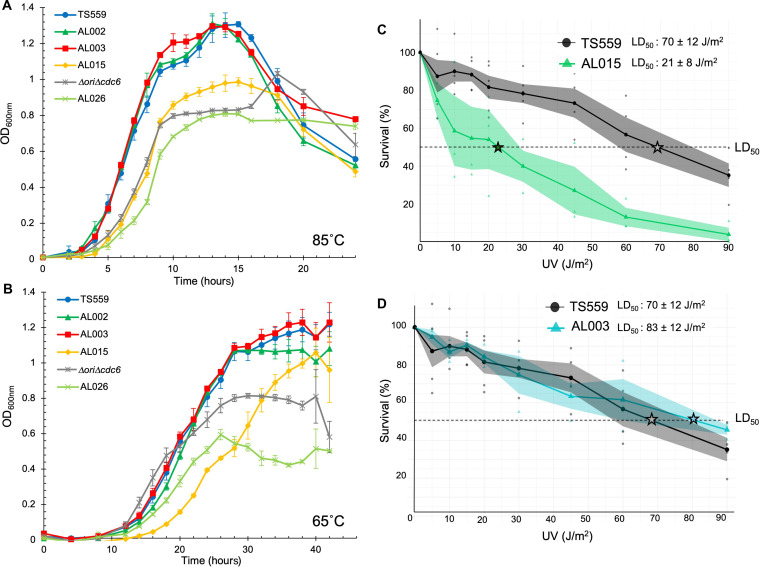Fig. 5. Impaired intein excision and reduced mTk-RadA protein levels impair cellular fitness.
(A and B) Growth of triplicate biological replicates of strains of T. kodakarensis monitored by changes in optical density at 600 nm (OD600nm) at 85°C over 24 hours (A) and 65°C over 42 hours (B) reveals that impaired intein splicing negatively affects growth rate and final culture densities. Deletion of the Tk-RadA-intein (AL003) or inactivation of the HEN domain (AL002) does not obviously affect growth at either temperature. Deletion of the HEN domain in AL015 hinders growth at both temperatures, and when combined with the deletion of the ori and Cdc6 in AL026, it synergistically reduces growth. (C) Reduced splicing efficiencies and reduced mTk-RadA levels in strain AL015 result in decreased survival upon UV exposure, adumbrating impacts to RadA-mediated DNA repair mechanisms in vivo. (D) Deletion of the Tk-RadA-intein–encoding sequences in strain AL003 results in a modest increase in survival upon UV exposure. The median lethal dose (LD50) denoted with a star was calculated for both strains based on the death curve data using Finney’s probit analysis calculator.

